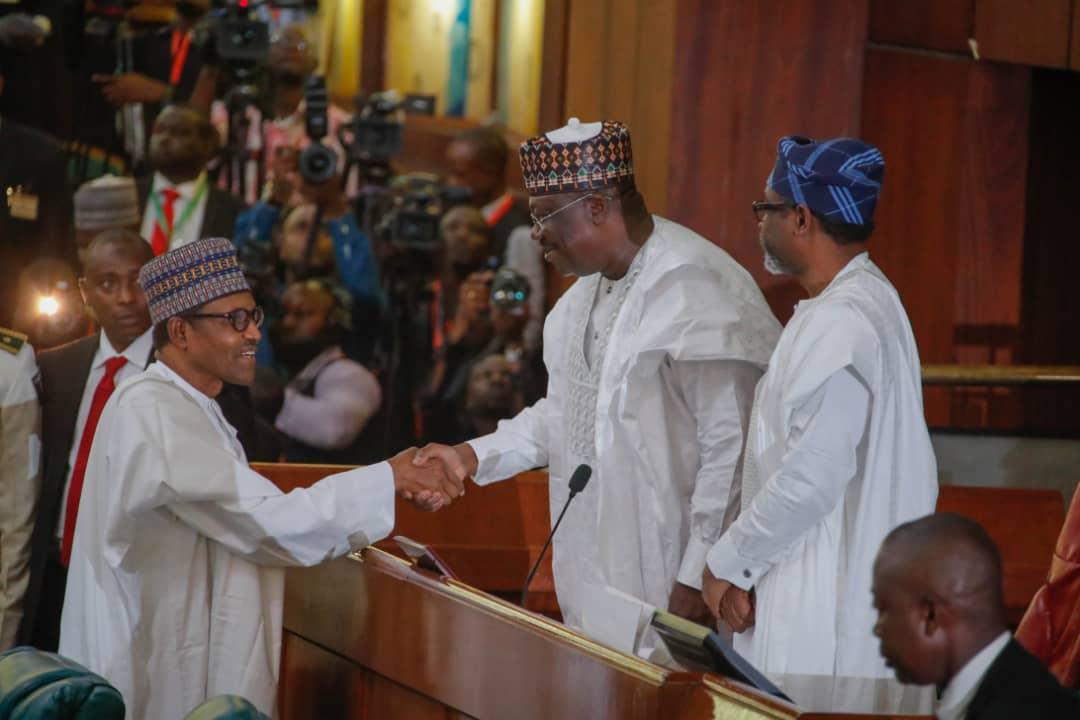Increased VAT Will Fund Health, Education, Infrastructure – Buhari
President Muhammadu Buhari on Tuesday said the 50 per cent additional revenues to be raised from the increase in Value-Added Taxes (VAT) would be used to fund health, education, and infrastructure.
Mr Buhari, who said this while presenting the Finance Bill to a joint session of the National Assembly for consideration and passage into law, noted that 85 per cent of all VAT revenues will go to states and local governments.
“As the states and local governments are allocated 85 per cent of all VAT revenues, we expect to see greater quality and efficiency in their spending in these areas as well,” the president said.
The president proposed an increase in the VAT rate from five per cent to 7.5 per cent.
The federal government had earlier announced it is raising VAT to generate the required funds to pay the new minimum wage obligation.
A presidential technical advisory committee set up to proffer advice on ways to realise alternative sources of raising funds for the implementation of the new minimum wage recommended an increase in the VAT rate by 5 to 7.5 per cent.
It also said an increased VAT rate will be more beneficial to state and local governments, many of which are facing difficult financial conditions.
President Buhari in April signed the bill approving the new minimum wage of N30,000 after it was passed by the National Assembly.
But while presenting the bill to increase VAT rates by 50 per cent, he did not mention how revenues from the new tax rates will fund the new minimum wages.
Meanwhile, in the N10.3 trillion 2020 budget proposal presented, President Buhari announced an increase in the non-debt recurrent expenditure by N620.3 billion from that of 2019 to reflect the new minimum wage, “as well as our proposals to improve remuneration and welfare of our Police and Armed Forces”.
The national leader of Nigeria’s ruling party, Bola Tinubu, was among prominent Nigerians who kicked against the plan to increase taxes, warning against its ripple effect on the masses.
Several labour unions and civic groups particularly questioned the wisdom behind the government’s plan to increase VAT to fund the minimum wage.
The Minister of Finance, Budget, and National Planning, Zainab Ahmed, said the existing VAT Act exempts the basic necessities such as food, medicines, and education, which therefore minimises the impact on the poor and vulnerable segments of the Nigerian society.
Meanwhile, the president in his presentation said the list of items exempted from the VAT would be expanded to cover items covered under Section 46 of the Finance Bill, 2019.
The new exempted items include brown and white bread; cereals, including maize, rice, wheat, millet, barley, and sorghum; fish of all kinds; flour and starch meals; fruits, nuts, pulses and vegetables of various kinds, among others.



Comments are closed.